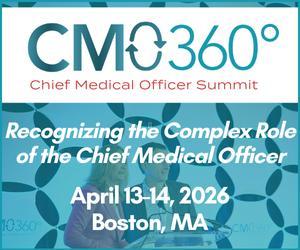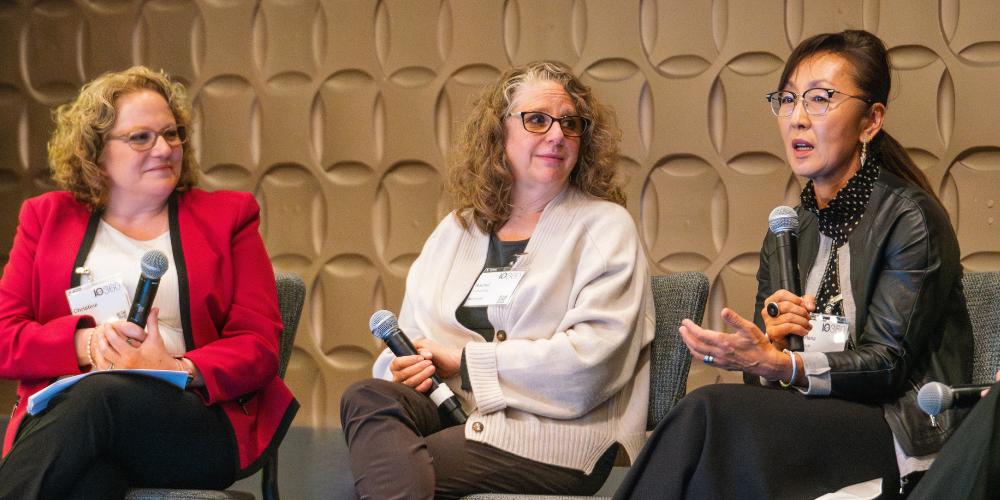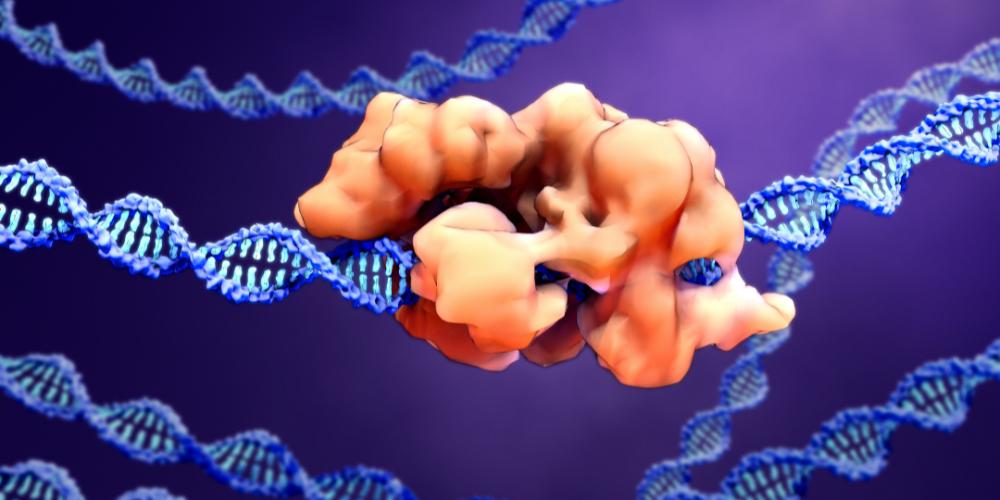Transforming Autoimmune Patient Outcomes with CAR T
Prof. Dr. Georg Schett’s work in CAR T for autoimmune disease has shown potentially life-changing results for patients. Dr Schett discusses why CAR T is a good fit for autoimmune diseases, and what hurdles they’re facing for the future.

Why is CAR T so impactful for autoimmune diseases like lupus?
We realized that CAR T might actually be interesting when being exposed to very treatment-resistant patients, because of the depletion of B cells. Lupus is B cell-mediated, where autoantibodies are produced en masse and where the antibodies are considered to be very close to the pathogenic disease process.
We thought that it would be an advantage to deplete B cells using a CAR T approach in very sick patients. It often affects young individuals, particularly young women, with a very grim prognosis when it's a severe disease.
We were not sure whether we can get enough cells, whether these cells will be functional, or whether we would not induce a massive burst of autoimmune disease when we infuse cells back into an autoimmune patient. But we moved forward and we were amazed by what happened. The results have been extremely good, and it turned out to be extremely effective and extremely safe.
Which diseases and instances have you used CAR T?
First, we treated a young lupus patient, and published those results in the New England Journal of Medicine in 2021, showing that lupus actually disappeared and we could stop all immunosuppressants. This was the first ever work published on CAR T outside of the field of cancer.
After that success, we treated five patients, and published those results in Nature Medicine. All five patients went into remission and could stop their immunosuppressive drugs. That actually broke the ice in people’s understanding that this was something worth pursuing.
We then extended the therapy to two other autoimmune diseases, myositis and systemic sclerosis, to very good effect. That led to a publication in 2024 in NEJM, showing that CAR T cell therapy allowed a very long – over two years – drug-free remission in patients with autoimmune diseases.
"It was a remarkable discovery that cytokine release syndrome (CRS) was not such a threat in autoimmune disease."
How does CAR T in the autoimmune setting compare to in the cancer setting?
In principle, the framework is the same for autologous CAR T cell therapy: you’re taking cells from the peripheral blood, transfecting them with the CAR, expanding them in vitro and giving them back to the patient, and you’re doing lympho-depletion by giving a mild therapy to get the T and B cells down.
There are specific differences in autoimmune disease. You have a patient already on immunosuppressive drugs; the patient needs to stop those drugs before we retrieve the cells from the body. And in autoimmune patients, their bone marrow is much less damaged compared to that of cancer patients; you get the B cells rather fast, compared to cancer. The CAR T cells disappear after a shorter time.
Post-infusion, what differs between the reaction of cancer patients versus autoimmune patients?
It was a remarkable discovery that cytokine release syndrome (CRS) was not such a threat in autoimmune disease. It has always been a big consideration for CAR T therapy in cancer patients; in autoimmune disease, CRS is very low-level because you have much less target cells there. The B cells are at a much lower level than the malignant disease.
What were some of the biggest surprises of treating via CAR T?
One was that you can stop the immunosuppressive treatments. These were very, very sick patients who always needed substantially immunosuppressive therapy and glucocorticoids. In the autoimmune field, patients usually get these drugs forever, and when they stop them, the disease comes back. After CAR T, this was not the case at all. We stopped everything and nothing came back. Patients don’t have to think about their disease every day. They don’t have to take drugs anymore. They don’t feel their immune system suppressed.
The other big surprise was how fast actually B cells came back. We were not actually sure if the B cells would return at all, but they returned very consistently, but weren’t triggering the disease. That’s different from cancer, because recovery of the immune system after cancer is much less frequent.
"Patients don’t have to think about their disease every day. They don’t have to take drugs anymore. They don’t feel their immune system suppressed."
You treated patients refractory to several rounds of treatment. Do you see CAR T moving into earlier lines of therapy?
We started with resistant patients because that was the logical place to introduce a new therapy, but eventually it would be interesting to understand how it works for severe patients in the early stages of their disease. You particularly want to reach patients with bad prognostic factors, progressing in deterioration of organ function.
The therapy is not cheap, of course, but the prevention of kidney transplantation or hemodialysis saves a lot of money. We think that after a few years, CAR T cell therapy would be cost-effective in severe patients because they prevent the need for drugs like therapeutic antibodies, which are expensive, and would prevent organ failure.
Would you anticipate similar challenges in pursuing allogeneic CAR T for autoimmune as there are for cancer?
The advantage of allogeneic CAR T is that it's easier to carry out because you don't have to do leukapheresis. You can make a product and distribute this to different individuals and use it as a treatment. You can actually downregulate key immunogenicity genes in order to prevent rejection or graft versus host disease.
The key challenge in allogeneic CAR T is getting enough cells to kill the B cell population, and if they last long enough to do the job before the immune system kills them. In autoimmune disease, you probably don't need a very sustained suppression or eradication of the B cell compartment. Therefore, it’s thought that allogeneic CAR T would work well in autoimmune disease.
What are your next steps?
We are very interested in the concept of deep B cell depletion, specifically the idea that these CAR T cells can deplete those tissue B cells. We are doing lymph node biopsies in patients to understand if the lymph nodes are cleared from B cells after CAR T cell therapy, and to document the possibility of tissue depletion as an immune reset in these patients.
Additionally, more work has to be done to better understand the efficacy of the treatment. But it’s amazing to speak with patients who are off drugs for years at this point. The removal of the daily presence of disease is a huge advantage.










